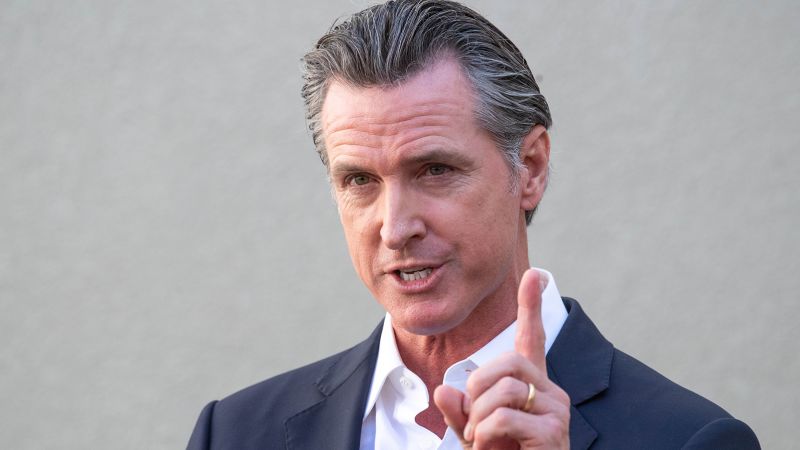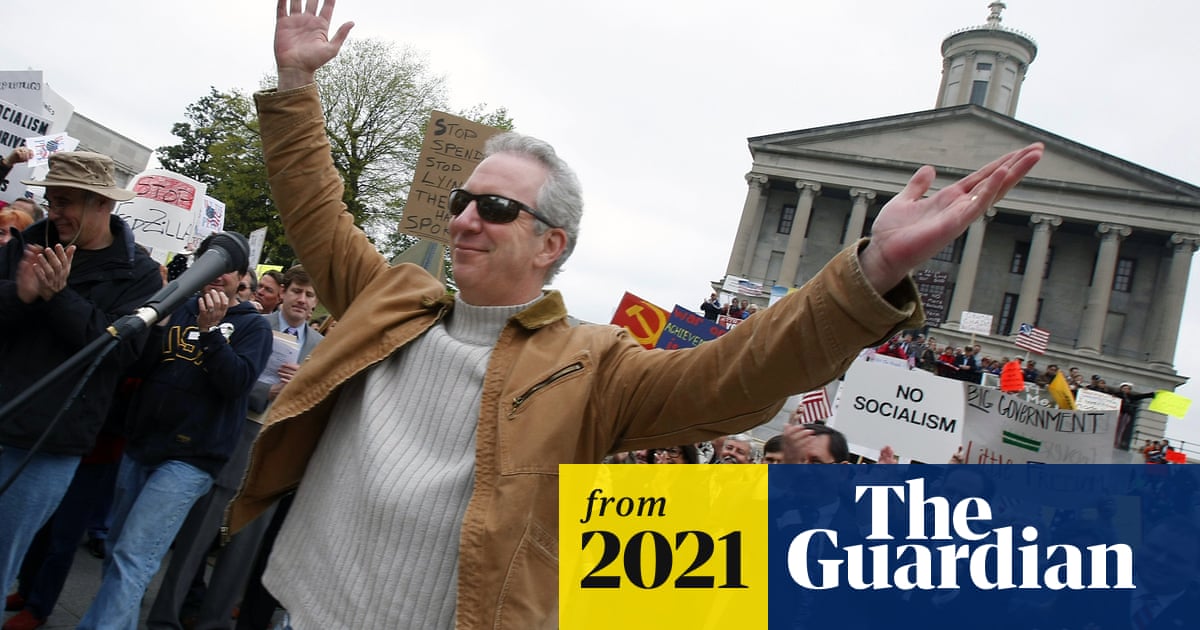Where is your "proof" or "science" that says lockdowns produced more benefits? Every single cost-benefit analysis of lockdowns says they've cost more lives. Surely you can produce such a document.
Do you know why you are talking about cost-benefit analyses?
You are not talking about them because you understand anything or you have any great interest or insight. People have been doing some, and they've been doing them for about a year and a half. The thing that's happened for you to suddenly pay attention is that right wing media noticed and cherry picked a few extreme examples that present lockdowns unfavourably, because lockdowns cost big business money. And so as prompted, the peanut gallery took notice. And then because you hate lockdowns and these analyses flattered your prejudices, you just decided that the thoughtless garbage put out by the media is now the gospel truth by default that everyone must prove wrong, without bothering to a read or understand a damn thing to make any sense of it.
I know you don't understand what you are talking about because, as has already pointed out to you, these analyses are not measuring
lives: they are measuring
money.
There are ways that organisations place monetary values on a life. So, for instance, a health organisation may say that a medical treatment needs to provide a certain amount of quality of life within a certain cost before they will provide it. Individuals also make these sorts of judgements, and economists have ways of estimating how much individuals are prepared to pay. It might be interesting to note, of course, that
many of these values are not consistent. One organisation may say $20,000 to keep someone alive for a year, another $100,000, and so on, and individuals may likewise vary greatly.
So what some of these economists are doing is saying "Organisation X thinks a life is worth $A, so if lockdown costs $B and saves C lives, if B is greater than A x C then lockdown is more costly than not. In and of itself, this is fine, and it's very likely lockdown may have been more economically expensive than not. But you also have to apply it in a sensible context and a much bigger picture, and thinking economic cost is the same as life indicates you're not even close to managing that.
Just because an organisation assigns a certain value to a year of life, it does not mean that imposing an economic cost of that amount removes a year of life. For instance, let's say that someone decides a year of life is worth $50,000. If Jeff Bezos burns a billion dollars - literally: a bonfire of dollar bills - it makes effectively no difference whatsoever to anyone's life expectancy. It's not like 20,000 years of life in the world went up in flames too, as if ~250-300 newborn babies suddenly died in their cribs. It's incredibly obviously not how it works.
So, did lockdowns save lives? Very likely. Was lockdown an efficient way of saving lives compared to other things that could have saved lives... quite possibly not. But it's a fallacy to think that had those economic losses from lockdown not been incurred, the money would have been spent saving lives. It might have been used for millionaires to buy more yachts. Then there are other considerations. We could just isolate the vulnerable, but how fair and just is it to lock up sectors of the populace (for their own survival), whilst those not at risk walk free, earn, party hard and carry on as normal? How much are we prepared to pay for justice and fairness? Maybe how much we're prepared to pay
isn't the point at all, because a lot of things defy crude attempts to reduce them to mere economic value.
Or to quote the comedian Simon Munnery: "What a lot of people don't understand is that if you look at things globally, from a strictly economic perspective, that makes you a wanker."


